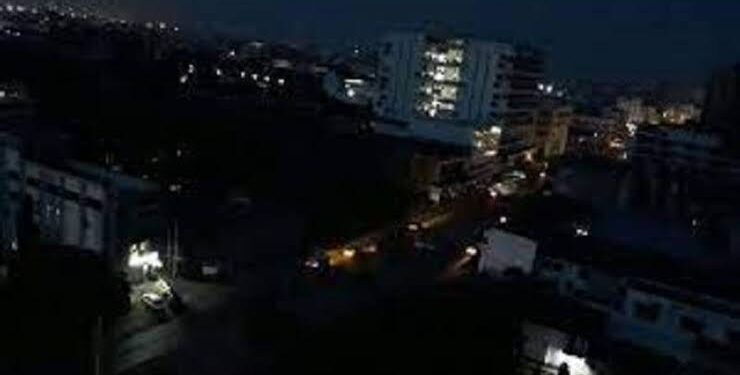A 25-day Lagos blackout will begin July 28, causing widespread disruption and major losses for business operators statewide.
Electricity will be interrupted daily between 8:00 a.m. and 5:00 p.m. as the national grid undergoes repairs.
Ikeja Electric and Eko DisCo issued notices, confirming power cuts across Lagos and parts of Agbara in Ogun State.
The blackout stems from planned repairs on the Omotosho–Ikeja West 330kV line by the Transmission Company of Nigeria.
Business owners, manufacturers, and hospitals will face steep energy costs as generators replace cheaper national grid power.
Hotels and supermarkets must operate uninterrupted, increasing diesel or gas consumption to maintain essential services daily.
Lagos consumes more electricity than any Nigerian state, with ₦13 trillion reportedly spent monthly on power usage.
Dr. Muda Yusuf from CPPE warned the blackout would pressure productivity and increase running costs for all industries.
Some businesses may cut operating hours significantly due to the high cost of alternative power during this period.
Despite complaints about tariff hikes, the national grid remains cheaper than private diesel or gas power solutions.
NERC’s 2025 Q1 report confirmed Ikeja and Eko DisCos earned ₦101 billion and ₦105 billion in revenue, respectively.
That revenue could fall drastically as businesses reduce consumption and adopt backup options during the prolonged blackout.
Yusuf noted grid maintenance is necessary, stating the collapse frequency results from ageing equipment and poor investment.
While difficult, the outage offers Nigeria an opportunity to strengthen its weakest link in electricity transmission infrastructure.
Strengthening the national grid may ultimately reduce future collapses and boost long-term efficiency for businesses nationwide.
The Lagos blackout underlines the urgent need for power sector reforms to protect productivity and national economic growth.




































